In Japan, Valentine’s Day celebrations are a bit different. Men and women get their own special day on which to spoil the special people in their lives.
So, in addition to Valentine’s day, there is also White day happening on the 14th of March in Japan.
Let’s see what White Day is in Japan and what kind of gifts Japanese women offer to men.
What is White Day All About?
White Day is essentially a men’s day to spoil the ladies, as traditionally, women give gifts to men on Valentine’s Day (the 14th of February).
Therefore White day is considered an answer day to valentine’s day that happened just a month earlier.
They usually give expensive chocolates or treats to men they have a romantic interest in or a relationship with. These are referred to as “honmei-choco,” which essentially means chocolate given for true love.
Women then give less fancy, more miniature chocolates to friends, bosses, colleagues, etc. These gifts are known as “giri-choco,” meaning obligatory chocolates, but they can be other gifts.
White Day is a month after Valentine’s. It takes place on the 14th of March. In Japan, White Day is men’s opportunity to reciprocate a gift they received from a woman on Valentine’s.
They usually give white gifts to counterbalance the red that represents Valentine’s. White Day is also an ideal opportunity to invite a special lady on a date.
It is customary for men to let the lady who gave them a gift on Valentine’s know how he feels about her. If he is not keen to pursue a relationship, he should explain himself honestly and delicately in person or with a heartfelt note.
White Day’s Historical Background
White Day is a relatively new tradition in Japanese culture. Valentine’s Day celebrations first began in Japan in the 1960s. At first, the idea of reciprocation wasn’t part of the romantic celebration.
However, it gradually gained traction for men to give gifts to women who had spoiled them on Valentine’s.
The reciprocal holiday didn’t initially have a name, but over the years, the celebration gained some ground and picked up its name. The term “White Day” was first used in the 1980s.
The White Day concept and celebrations then quickly spread throughout the country. It later also gained popularity in places like Taiwan, South Korea, and some areas in China, sometimes called Japanese valentine’s day.
A second Valentine’s Day model is a great marketing scheme for confectionary shops! And it also allows for a fair reciprocal scenario instead of the often-hurtful one-sided gifting that a single one offers in other countries.
Why the name “White Day”?
There are several stories about the origin of the “White Day” name. One is that a sweet shop franchise named Ishimura Mansei-do (founded in Hakata in 1905) and the National Confectionery Industry Association began to use the term to give a name to the new, popular tradition.
It is also likely used as white symbolizes purity in Japan, and younger people in the country like to use it to express the pureness of their love for one another.
What Kind of Gifts to Give on the Holiday
The typical gift for a lady on White Day is white chocolate, but you can opt for other sweet treats like cookies, hard candy, and marshmallows.
Usually, men are expected to give a gift worth three times as much as gifts received from the lady.
Many people choose to offer their romantic partners gifts such as stuffed animals, jewelry, flowers, lotions and perfumes, purses, handbags, and even lingerie or other accessories – all in white.
In Japan, the kind of sweets you give someone who spoiled you on Valentine’s shows how you may feel about her. This means that selecting a White Day gift needs to be done with consideration – you don’t want to send the wrong message!
However, many people are unaware of the nuanced meanings, so ladies needn’t be entirely disheartened if they receive a platonic-type gift on White Day.
Let’s explore some White Day gifts and what they typically mean.
Chocolate
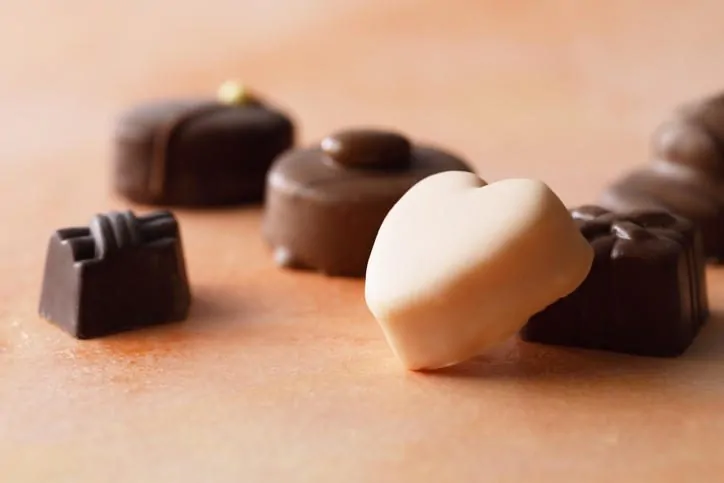
Chocolate is rich and sensual, so it typically represents positive romantic inclination. It’s the right option if you have no doubt about your feelings for a special lady.
Cookies
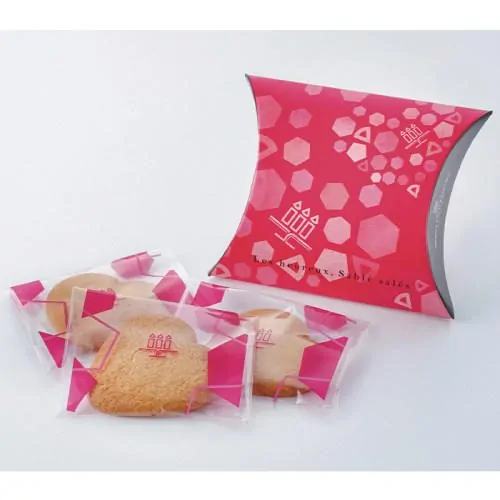
The dryness and crunchiness of cookies depict dryness. It represents a platonic relationship. It typically means you’re just friends.
Macaroons are a bit ambiguous. They can represent a special friendship or something more.
Candy
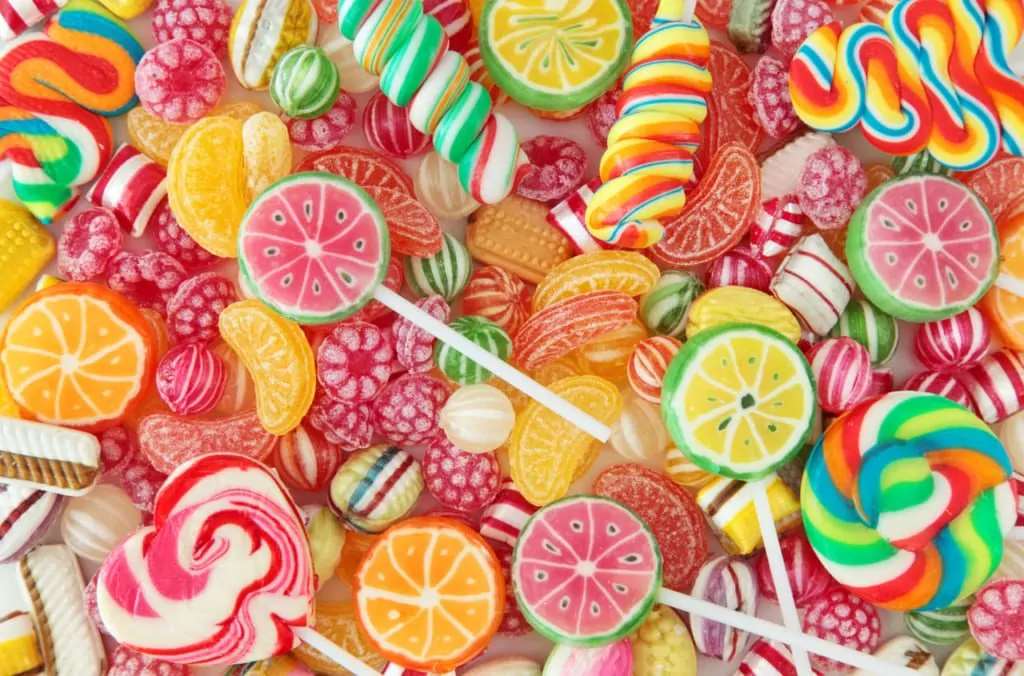
Candy is kept in the mouth for a long time and savored. So, it’s usually given to someone you like more than a friend.
Marshmallows
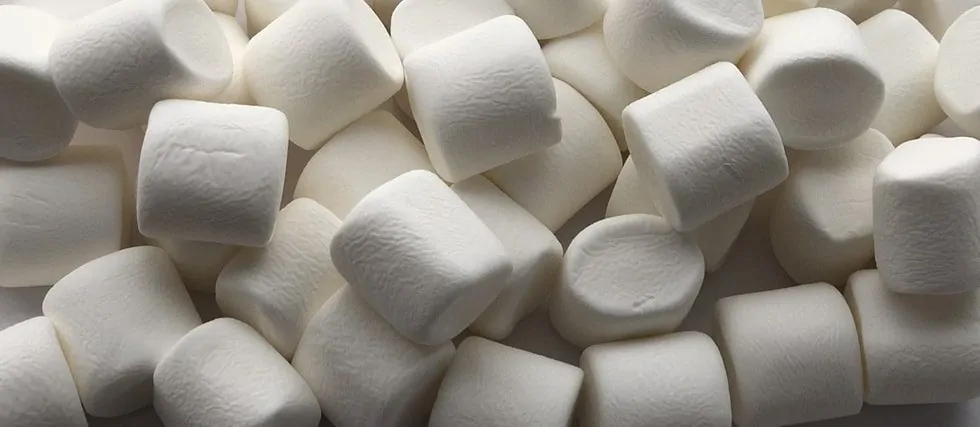
Before the term “White Day” was coined, marshmallows dipped in chocolate were a popular gift for the occasion. The original meaning was pure love. However, as marshmallows disintegrate quickly when eaten, they tend to mean, “I don’t like you.” So, watch out for sending marshmallows!
If You Find Yourself in Japan, Enjoy the Occasion
White Day has a lot of charm, so if you’re in Japan on the 14th of March, enjoy the events and unique set-ups. Stores will usually have gorgeous displays, and there are often pop-up shows and other functions to enjoy.


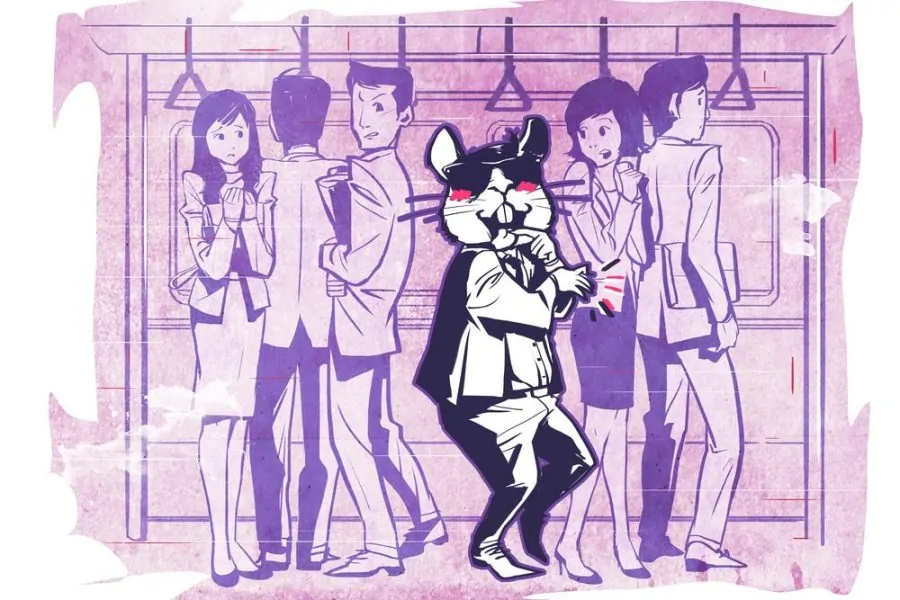


Leave a Comment